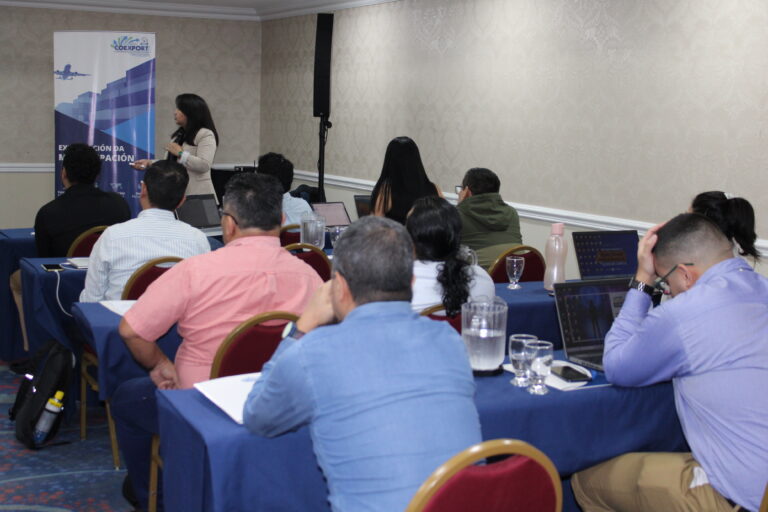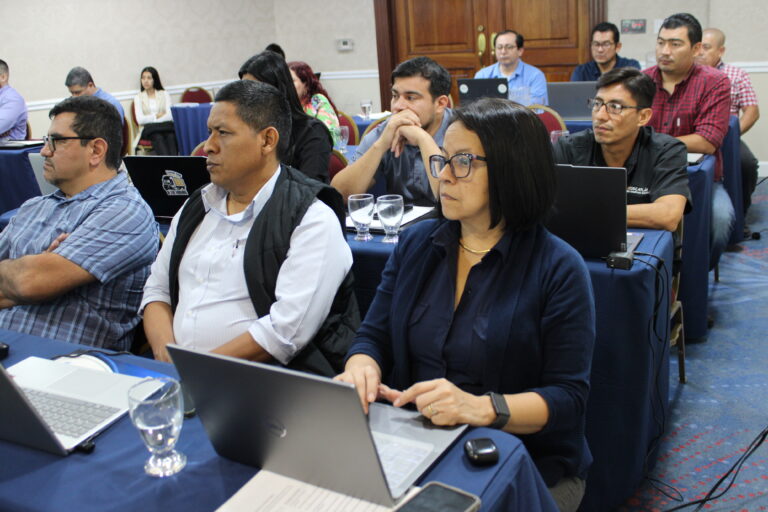The Corporación de Exportadores de El Salvador (COEXPORT) reported that it has provided the training “Practical implementations of data protection and cybersecurity”, aimed at companies in the export sector. This initiative responds to the growing need to address current digital risks and promotes the use of the NIST Cybersecurity Framework (CSF 2.0) as a strategic tool to strengthen business protection.

The NIST CSF 2.0 is a voluntary guide to help organizations manage cybersecurity risks. It is structured into six core functions – Govern, Identify, Protect, Detect, Respond and Recover. In addition, it introduces maturity levels and implementation profiles that allow companies to assess their security posture and establish clear paths towards continuous improvement.

During the training, COEXPORT highlighted the urgency of adopting such frameworks in the face of an increasingly complex digital threat landscape. In 2024, there was a 44% increase in weekly attacks globally, reaching an average of 1,673 per organization. Projections for 2025 anticipate even greater risks, such as malicious use of artificial intelligence, deepfakes and targeted supply chain attacks.


Periodically assessing your cybersecurity posture allows you to identify gaps, prioritize risks and design effective mitigation strategies. In that sense, NIST CSF 2.0 encourages the use of practical tools such as checklists and maturity matrices that facilitate preventive diagnosis and informed decision making before an incident occurs.

COEXPORT stressed the importance of cyber resilience as a key axis to ensure operational continuity in the face of adverse events. This not only focuses on preventing attacks, but also on the ability to adapt and recover. Among its main benefits are the reduction of economic losses, the protection of business reputation, regulatory compliance and business continuity in increasingly challenging digital environments.







